Scientific Information/Data
Whey protein is one of the two major proteins in cow’s milk. The New Zealand herds used for producing IgG Pure™ are not given hormones and are not intentionally infected with a pathogen to force them to make antibodies specific to that pathogen. IgG Pure is a whey protein, rich in immunoglobulins (antibodies) derived from very careful processing techniques under controlled temperature and pH. During a series of ultrafiltration steps, lactose and water are removed from a slurry of whey. Special care is taken to maintain the integrity of the antibodies and to optimize the protein complex. In comparison to fluid cow’s milk and ordinary whey protein concentrate, IgG Pure contains significantly greater concentrations of proteins and immunoglobulins.*
IgG Pure can be used not only as a high biological value protein source for healthy individuals but also to provide immunoglobulins to those in need. The immunoglobulins it contains are almost identical to those of the mammalian species and resist peptic digestion. The immunebalancing effect of immunoglobulins supports the body’s normal defense mechanisms.*[1,2]
Each antibody in IgG Pure (IgG1, IgG2, IgM, and IgA) has a specific role in immune function. IgM responds quickly to an antigen and specifically to bacteria and viruses. Later in the response, IgG1 and IgG2 attack viruses and toxins. IgA is critical in the body’s immune system. The immunoglobulins also contribute to the humoral immunity of the gut-associated lymphoid tissue (GALT).*
Among IgG Pure’s ingredients is a high concentration of the branchedchain amino acids leucine, isoleucine, and valine, which can be used by skeletal muscle during stress and to support nitrogen utilization. The semi-essential amino acid arginine increases the activity of natural killer and lymphokine-activated cells as well as IGF-1.*[1]
Cysteine and glutamate are found in higher concentrations in IgG Pure than in other high-biological–value proteins. These amino acids serve as precursors to glutathione,[3] an endogenous antioxidant especially needed during stress, exercise, and poor nutrition. Lactoferrin, alphalactalbumin, beta-lactoglobulin, and bovine serum albumin are other proteins in IgG Pure™ that contribute to glutathione synthesis and support immune function.*[3,4]
In addition, supplementation with whey protein may support glucose metabolism and muscle protein synthesis in humans.[5] In a group of women, whey protein improved body composition, but soy protein did not.*[6]
*These statements have not been evaluated by the Food and Drug Administration. This product is not intended to diagnose, treat, cure, or prevent any disease.
References
1. Bell SJ. Whey protein concentrate enriched with immunoglobulins. Unpublished review article. [Accessible upon request]
2. Bell SJ, Forse RA. Positive Nutrition for HIV-Infected & AIDS: A Medically Sound Take-Charge Plan to Maintain Weight and Improve Your Quality of Life. Minneapolis, MN: Chronimed; 1996.
3. Bounous G, Gold P. The biological activity of undenatured dietary whey proteins: role of glutathione. Clin Invest Med. 1991 Aug;14(4):296-309. [PMID: 1782728]
4. Zimecki M, Właszczyk A, Cheneau P, et al. Immunoregulatory effects of a nutritional preparation containing bovine lactoferrin taken orally by healthy individuals. Arch Immunol Ther Exp (Warsz). 1998;46(4):231-40. [PMID: 9779289]
5. Graf S, Egert S, Heer M. Effects of whey protein supplements on metabolism: evidence from human intervention studies. Curr Opin Clin Nutr Metab Care. 2011 Nov;14(6):569-80. [PMID: 21912246]
6. Baer DJ, Stote KS, Paul DR, et al. Whey protein but not soy protein supplementation alters body weight and composition in free-living overweight and obese adults. J Nutr. 2011 Aug;141(8):1489-94. [Epub 2011 Jun 15] [PMID:21677076]


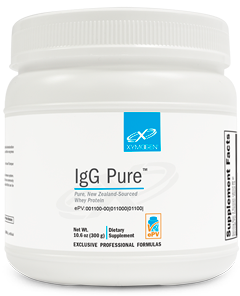
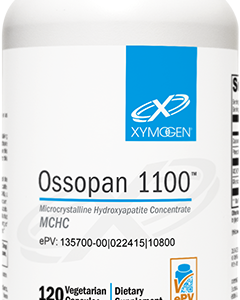
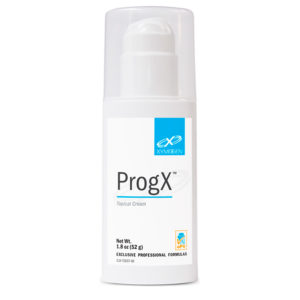
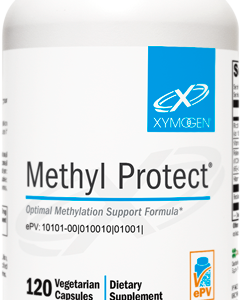
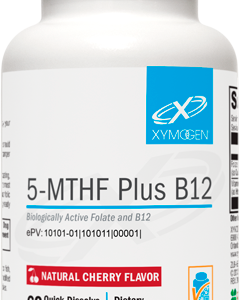
Reviews
There are no reviews yet.